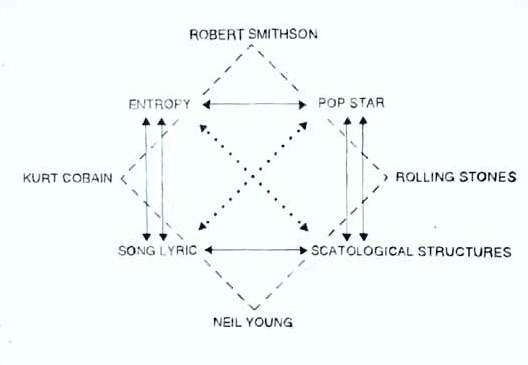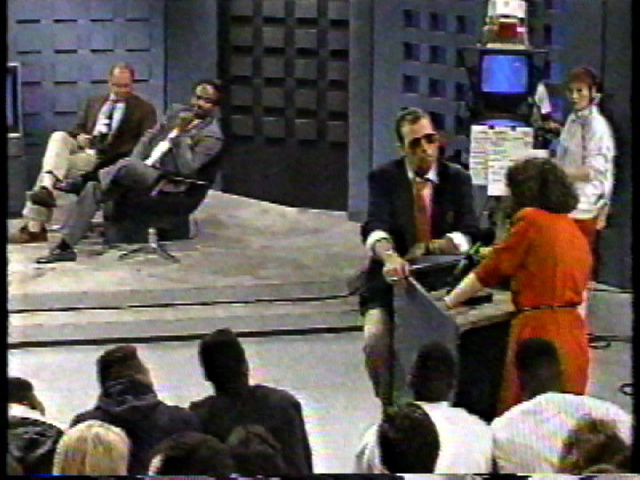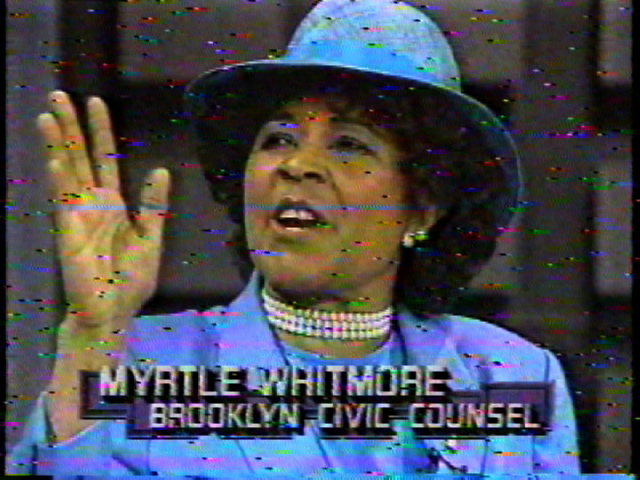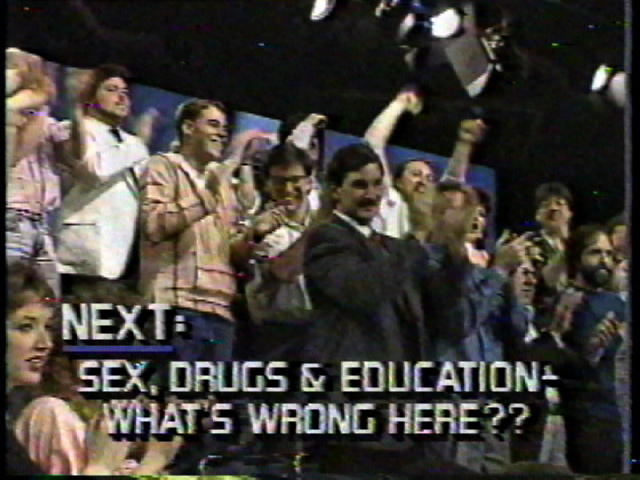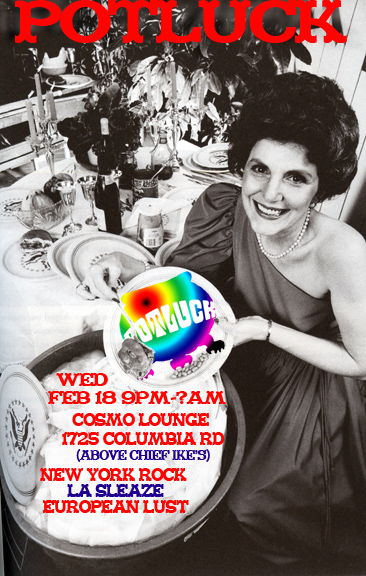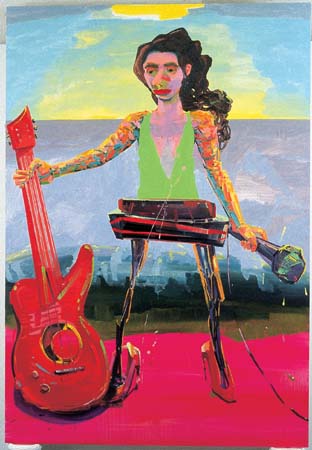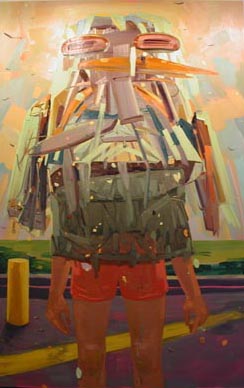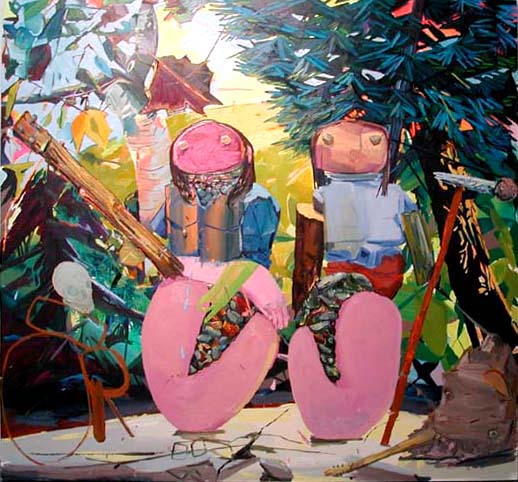So Much Style

Richard Yates: February 3, 1926 - November 6, 1992
Following the publication of Revolutionary Road and Eleven Kinds of Loneliness, Yates found himself broke, living in New York, not working much. His good friend,
William Styron recommended him to E. Barrett Prettyman Jr. for the position as the first speechwriter for Robert F. Kennedy, at the time the Attorney General of the United States.
As part of the interview process, Yates was asked to submit a trial assignment -- a civil rights speech to be delivered at an "exclusive girls' college in the east."
In the following section from his unfinished novel (which was found in his freezer after he died and later published in part in
Open City 3)
Uncertain Times, Yates -- calling himself William Grove -- writes about that trial assignment:
____
Alone on the shuttle flight back to New York that afternoon, with the sparsely typed assignment sheet in his pocket, Grove felt lost in the sky until he picked up a complimentary copy of Time and opened it to the book section. The featured article that week was an interview with the British novelist and scholar John Wain, and in reply to one question Wain had this to say:
“Yes. Well, I've always believed that the purpose of a higher education is to free the mind.”
It wasn't much, but Grove read it over several times because it might turn out to be useful. And there’d be no need to give John Wain the credit for it; he could make it seem like something Robert Kennedy had thought up himself – or better still, he could let Robert Kennedy attribute it to “wise men through the ages.”
“…Wise men through the ages,” he wrote with a pencil that night at his own work table, in his own Barrow Street basement, “have understood that the purpose of a higher education is not only to discipline and instruct but above all to free the mind – to free it from the darkness, the narrowness, the groundless fears and self-defeating passions of ignorance.”
A full glass of ice and whiskey was close at hand, his first drink of the day except for the quick one he’d taken at LaGuardia Airport, but he didn’t pick it up until he’d finished that sentence – until he’d found, with some astonishment, that it was the easiest and most pleasurable sentence he had written that year.
With his first sips and swallows, and then with deeper swigs that sent authoritative tremors of well-being down his arms, other sentences began to take form. Not many of them came out right the first time but their ways of faltering were quick to suggest their ways of recovery; very soon the page was filled with crossings-out and ragged little writings-in, and only William Grove could tell that this was how it read:
“And so perhaps it’s not too much to say that what we are celebrating here today is the liberation, the setting-free of your minds. School is out, girls. You have earned the right to do your own learning, to develop your own insights and draw your own conclusion, to embark on your own adventures in the world.
“You may sometimes regret your education, for a free mind will always insist on seeking our reality – and reality can be far more painful that the safe and comfortable illusions of the intellectually poor – but your regret will be nothing compared with your measureless capacity for understanding.
“Men and women with free minds may sometimes be mistaken, but they are seldom fooled. They may be influenced, but they can’t be intimidated. They may be perplexed, but they will never be lost.” …
“In the light of a truly free mind no pettiness can pose as importance,” Robert Kennedy would tell the girls of Saint Mary’s, “no bullying sanctimony can disguise itself as leadership, no bigotry – anywhere, ever – can masquerade as accepted social custom.” …
It was time to get into the meat of the speech, the civil rights part of it; and after crossing out one sentence about “American Negroes” and another about the “twelve percent of our population whose skin is not white, he found himself writing something Robert Kennedy had actually said:
“Our current national crisis in civil right can’t be resolved by governmental edict. Ultimately it is a human problem, and its solution will depend on the ability of men and women everywhere to recognize and follow their own best instincts – t move quickly in establishing those reforms which all of us know, in our hearts, should have been made long ago.” …
His first draft for the conclusion of the speech had been built out of a rising series of three or four, semi-climactic statements, with pauses giving the audience time to applaud after each period. That kind of thing…wasn’t appropriate for a college graduation. Restraint, decorum and a merciful brevity had to be kept in mind.
Reluctantly, Grove crossed out a hundred words, hours’ worth of labor, and cut the thing back to where the girls had still been alert and listening.
“I think I’ve said most of what I came here to say now,” Bobby would tell them (and that was a serviceable little throwaway line because it could be used again and again in other, future speeches). “And I need scarcely to remind you that your generation will have plenty of challenges to face – more, perhaps, than any other in history. My message here is simply that there can be no allowance for your complacency in the days and years ahead, and there will be every need for your active involvement. But take heart. As adults with free minds in a free society, you have literally everything to live for. And remember this: You have nothing to be afraid of. Good luck and may God be with you all. Thank you.”
Wave on wave of phantom applause came rolling and breaking over Robert Kennedy as Grove read through it again. It might not be the world’s most perfect speech but it gave him an unmistakable sense of having done his best. All he had to do now was type it, in the two-finger method that was the only kind of typing he had ever learned, and mark it up and get it into the mail; then in a day or two a Justice Department girl would make a clean finished typescript and see that the top copy was brought, like a sacrificial offering, to the Attorney General’s attention.
“Well, I think this is excellent,” Robert Kennedy said.
“Thank you, sir.”
“I really think it’s a work of art, ah, Bill.” And with the stacked pages in one hand, Robert Kennedy waved the other vaguely in the air as if seeking an elusive word or phrase. “I like the – the elegance of it,” he said at last. “I like the style.”

